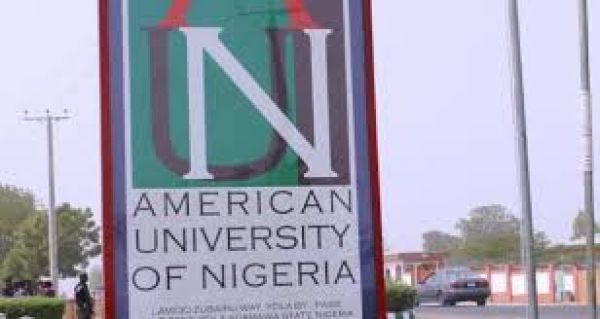Boko Haram insurgency in Nigeria is still defining the space of conflict, within and beyond the country. A consortium of nine universities in Canada and the Lake Chad basin countries of Nigeria, Chad, Niger, and Cameroon is assembling over 20 scholars across the universities of York, McGill, The University of Ottawa and similar ones in Nigeria, Chad, far north Cameroon and Niger Republic. This is the team which is expected to create what is described as the most complete and comprehensive data base on Boko Haram and the entire Lake Chad basin.
The planned research effort which has already secured a preliminary grant of C$198,000, (Canadian dollars) is, according to Prof Bill Hansen, intended to produce data on all aspects of the Chad basin region, including education, health, environment, agriculture, politics, economics, religion, and multiple other topics and sub-topics. Hansen is the chair of the Department of Politics & International Studies at the American University of Nigeria (AUN) and serves on the five-member steering committee of the project.
The president of the Yola based American University of Nigeria, (AUN), Dr. Dawn Dekle, is saying the choice of AUN was as much a statement of endorsement of the university’s leadership in research scholarship and humanitarian intervention as it was a recognition of Professor Bill Hansen’s essential contributions to global understanding of the origins of the insurgency.
Professor Hansen, on his part, is referring to the joint project as a significant step forward for AUN and research on Boko Haram and insurrection in Nigeria, adding how the Canadian-funded research project would produce a far greater knowledge of what has led to one of the most deadly insurrections in the world. Said he, “Knowledge of the causes and trajectory of the insurrection will allow for civil society and governments to make policy decisions that might avert another similar episode”.
The ambition is an international scholars’ partnership that can design a significant research initiative and gain the approval of the Canadian Social Sciences and Humanities Research Council (SSHRC) that is providing the preliminary grant. If satisfied with the design architecture, SSHRC, a federal research-funding agency that ‘promotes and supports post-secondary research and training,’ will provide an additional endowment to carry out the actual research.
Primarily, the grant will fund logistic support for a series of planned meetings in Yola, elsewhere in the Lake Chad basin countries and in Canada and from which a comprehensive proposal for the actual research should emerge and the associated further funding need.
Prof Hansen is one of those who argue that Boko Haram insurgency is a product of social inequalities and mismanagement of the sociopolitical space by successive governments. A forthcoming academic essay of his goes by the title “Parasites, Predators, and Terrorists: the Nigerian State and Boko Haram”. In 2015, he published “Boko Haram: Religious Radicalism and Insurrection in Northern Nigeria” in which he pushed the contention that “Boko Haram is the entirely logical consequence of more than five decades of the post-colonial Nigerian state ruled by a parasitic predator class that is itself a by-product of the colonial state”. An earlier work in 2013 with Umma Aliyu Musa is “Fanon, the Wretched and Boko Haram”.
On the Canadian side of the research team are Prof Paul E. Lovejoy and Bruno Veras, his Ph.D. student, managers of the grant.




























